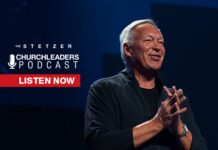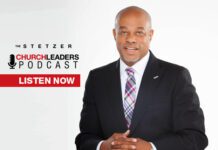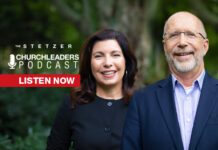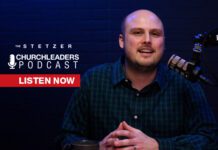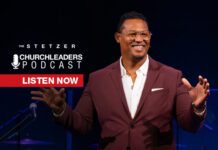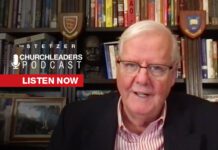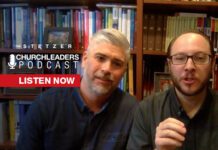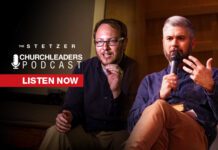“Although one group may be in front of me listening physically, there’s another group of people that’s listening to me worldwide. So I keep that in front of me.”
“To be compelling is to be biblical, to allow the Scripture to actually shape the sermon, the movements or the points or whatever people call them.”
“I think that [preaching] becomes compelling when you can take the world of the dead and bring it to the world of the now. Where you move from then-ness to now-ness.”
“The benefit of [being shaped by Black and white church traditions] is that it gives me a broader perspective when it comes to approach and not just a text, but style in the sermon. And it furnishes me with what I need when I’m in different environments to preach, whether it’s in the chapel or the seminary or just at the church.”
“I think that the shaping of those different people helped me be at home in the universe, that you could be highly intellectual and at the same time shaping in a way where the common person can hear that gladly. You know, that’s a line of Jesus, the common people heard him gladly.”
“The challenges of [being shaped by Black and white traditions] is sometimes that when people hear you, you might be criticized on one hand and not being Afrocentric enough. And then on the other hand where you said, well, you’re too European, you see. But I take both of them and I blend them together, the best of both worlds and allow that to shape my preaching.”
“[With] great jazz artists, you know, after a while, you don’t worry about [John] Coltrane, whether he’s Black or Stan Getz, whether he’s white. You just sit down and say, ‘They can play music.’ And that’s what I want to do in preaching.”
“That’s the beginning, I think, of the formation of preaching for the people, men and women who were students at Bishop College, that we heard the best preaching. We heard scholars preach, Ph.D.s, D.Min.s, M.Div.s and no degree at all…So that was one of the shapings. And then the other one was we were curious enough that we wanted to try to imitate what we were hearing.”
“I think the the narrative, the rhetoric [are important aspects of the African American tradition of preaching]. I like the rhythm of preaching, finding that note and tone of preaching the cadence of it…but also that deep commitment to Scripture.”
“And I think the last thing of talking about Black preaching is to believe that God is getting ready to do something. I don’t ever want to lose that.”
“You need to come up with some kind of method of preparation to protect your time as a pastor, that nobody interferes with at that time. That is a time for your preparation.”
“I still believe in writing out a thesis statement of a sermon and a sentence to nail it down and try to put it in a language that’s easy to remember. And in a language that the people understand. And in preaching, do I preach extemporaneously? I try then to use voice inflection in a way that people know that when I get to that, then I’m saying something that’s important.”



